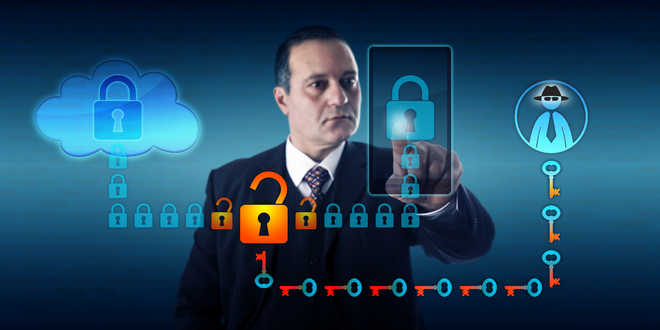Vaibhav Sharma
A few weeks ago, the raging debate in Silicon Valley, as also most of America, was the FBI’s fight with Apple to force it to build a backdoor into its operating system so that the government could access a locked and encrypted iPhone. That iPhone belonged to a man charged with mass murder. Seemingly, the moral wherewithal was completely with the government. After all, it was trying to find information that may lead to saving more lives and bringing a man to justice. But despite that, Apple, as also most other technology giants, resisted such a move and backed privacy.
So what exactly is encryption and why do law enforcement agencies hate it?
Simply put, it scrambles the data on a device and makes it unreadable and inaccessible unless you have the right passcode. This is a unique password that is only available to one user and even a manufacturer like Apple does not have a master key. So for a messaging app, encryption means that all the messages you send to another person are completely secure and no one else along the way can successfully intercept and read them. Unless the phone sending it is in your possession, there is no way of finding out what information has been conveyed.
This becomes especially problematic for a law enforcement agency if the phone itself is encrypted too, because even getting physical possession of such a phone is worthless unless they have the passcode to go along with it. Thus, even if the agencies get a court-ordered warrant to intercept communication, it is worthless because the only thing they will be able to intercept is gibberish. Law enforcement has been able to monitor and listen in to our calls, texts and other communication quickly and easily for a long time now, and encryption if adopted en-mass, promises to bring that element of privacy back to the user.
It isn’t as if encryption is new and it did not exist a few years ago. In fact, bad guys have used encryption forever, and even if a law is passed to force companies like Facebook and Apple to make backdoors that defeat encryption, the baddies are bound to simply switch to another service that offers unhindered encryption. The big change that is sweeping us is that encryption is becoming available to the average user, without him or her even realising it. WhatsApp has turned on encryption by default for its billion plus users and that is a huge win for privacy.
The argument that proponents of encryption give is as simple as it is sounds. You might trust your present government, but do you trust the next? If a backdoor is, in fact, created, wouldn’t that encourage other unscrupulous elements to try and exploit it for themselves? Once you yourself create a chink in the armour, why bother wearing it at all? A slightly removed, but accurate example would be that of torture. You know a bomb is ticking, a terrorist is in your grip; should you torture him to get the information needed? While our impulse says yes, laws that have been deliberated upon and debated internationally say no. Torture is still prohibited in most civilised nations. Similarly, being able to access one deranged person’s phone or communication is tempting, but the resultant risk that puts the privacy of all others in jeopardy, isn’t a price we should be willing to pay.
The standoff between the FBI and Apple was resolved when FBI was able to crack the phone with the assistance of a third party. But make no mistake, this fight isn’t over. While people may have wanted Apple to unlock that one iPhone belonging to a mass shooter, the trouble is that you can never draw a line. There were calls from other agencies meanwhile to unlock phones involved in robberies, phones of cheating husbands and other homicides. A sad father wanted his dead son’s iPhone unlocked because it held all the memories that were dear to him. If you say yes to one, you cannot say no to another.
WhatsApp, though owned by Facebook, is run by a very small team of 50 individuals; of them, 15 worked to bring encryption to the masses. This small group of people has restored privacy to billions of people. That is the power of technology when put to good use. Will this gift be abused? Of course! But that does not mean it be rejected.
Unlock Exclusive Insights with The Tribune Premium
Take your experience further with Premium access.
Thought-provoking Opinions, Expert Analysis, In-depth Insights and other Member Only Benefits
Already a Member? Sign In Now










